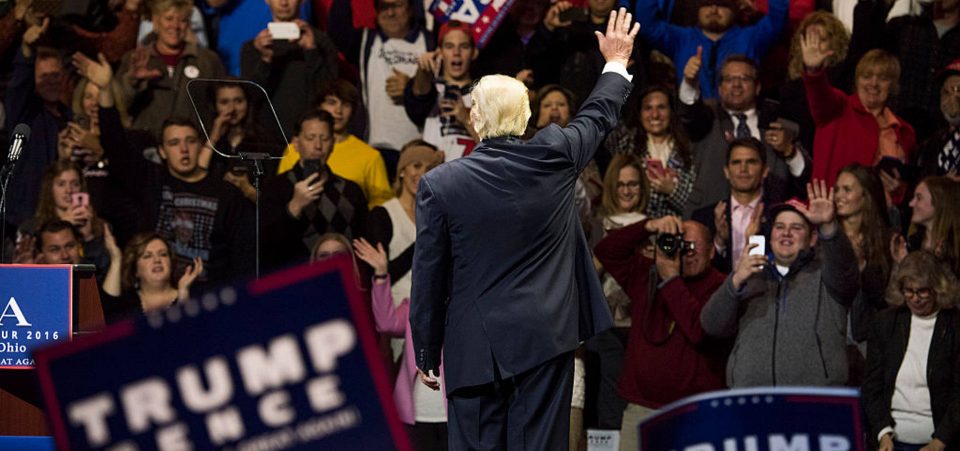U.S. Debt is Larger Than You Think. Trump Could Make it Bigger
In a matter of weeks, U.S. debt could exceed $20.0 trillion. Just as Americans charged their credit cards and depleted their checking accounts on Black Friday, American national debt rose to $19.9 trillion. (Source: “U.S. debt to top $20 trillion when Donald Trump assumes presidency,” Economic Collapse News, December 1, 2016.)
As the Treasury Department delivered the debt numbers, Americans must ask what will happen to U.S. debt under Trump. If he is to deliver even a fraction of his generous electoral program, the $20.0 trillion could double in no time.
Trump wants to increase military spending by a large amount. He wants to ensure the U.S. armed forces get more plans, more ships, and more troops. He wants to improve infrastructure. Such are the expectations over new roads and new airports that construction equipment maker Caterpillar Inc. (NYSE:CAT) saw some of its biggest gains ever on November 9, the day after the election. CAT gained over eight percent.
Clearly, if Trump does what he said, U.S. public debt could increase rapidly in the coming years. Should demand for new bonds not materialize, the Fed might be tempted to raise interest rates further to attract buyers. But that would be one more lever driving rates higher. The other well-known ones are higher inflation expectations.
Who Will Buy U.S. Debt if It Increases as Sharply as Trump’s Program Suggests?
The U.S. government generally could always sell its debt to foreigners. Since the early 2000s, the share of debt held by foreigners increased from around 17% in 2002 to almost 35% in 2012. This share of debt holding has, however, begun to decline recently. Among the explanations for this change is that China is now reducing its reserves of foreign assets, while in the past, it had been increasing foreign asset reserves rapidly.
Trump’s comments on China and planned tariff hikes (45%) on Chinese goods, however, don’t bode well. China could adopt a more retaliatory stance. So nobody should count on China any longer as the prime holder of U.S. debt.
Other foreign buyers could take over, but even the oil-exporting giants from OPEC have seen their financial systems depleted. Oil prices have gone up this week, but nobody knows how long the market can sustain the hike. Moreover, Trump’s plans to reduce the trade deficit—by imposing higher barriers to entry—reduce the U.S.’s ability to maneuver its debt.
The easier trade flows, the easier it is to move capital and vice versa. Only a sharp increase in domestic demand for U.S. government bonds might help.






